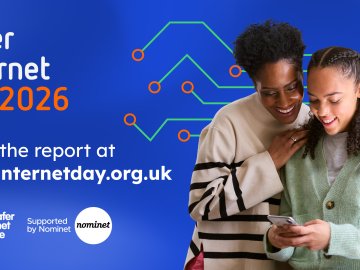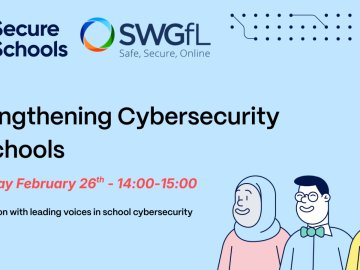SWGfL welcomes the Department for Education’s updated statutory guidance on Relationships, Sex and Health Education (RSHE) and its improved approach towards tackling misogynistic content, incel ideology, and online harms such as deepfake pornography and sexual coercion. This is a timely step towards improving safeguarding measures for children, aiming to tackle increasingly pervasive digital threats whilst helping to navigate and question complex attitudes and behaviours they encounter online and offline.
The influence of the ‘manosphere’, AI-generated content, and toxic online narratives has been a developing threat in light of new technologies as well as harmful influential figures combined with harmful factors such as misinformation. The guidance references the nuanced impact of peer pressure, coercion, and media manipulation that can have a strong effect on young minds, and we welcome the inclusion of content that helps young people, especially boys, identify positive role models.
Guidance Must Be Supported by Training
However, guidance alone is not enough. To be effective, these curriculum changes must be underpinned by comprehensive teacher training and sustained professional development. Educators are on the front line of these conversations and must feel equipped, confident and supported in delivering sensitive, complex topics. The proposed RSHE training grants from 2026 are a welcome step, but investment in upskilling must begin now.
The adoption of tools such as ProjectEVOLVE, provides schools with free, evidence-informed resources that align with the UKCIS framework. It can help teachers address digital literacy, online safety, and respectful relationships in a developmental, age-appropriate way which is crucial for ensuring lessons have a lasting impact.
Creating a Dialogue
Furthermore, we underscore the vital importance of open dialogue between children and trusted adults. Transparent reporting mechanisms, safe spaces for discussion, and a whole-school approach to digital wellbeing are central to fostering resilience whilst challenging harmful ideologies. Empowering children to speak up when they encounter misogyny, coercion or unsafe situations, whether online or in person, must be as much a part of RSHE as the curriculum content itself.
We also reiterate the importance of ensuring parents remain informed and involved, as stated in the guidance. Transparency strengthens trust and provides continuity of support beyond the classroom, helping families reinforce these messages at home. Our latest Family Smart Start pilot reinforces the need for digital milestones such as a child receiving their first smartphone to be a shared experience.
David Wright CBE CEO of SWGfL said:
This new guidance is a positive step but its success will depend on how well we support educators, involve families, and equip young people with the skills and confidence to challenge harmful content and support them to build healthy, respectful relationships both online and offline. Training must play an essential role in this movement, and we are ready to support schools with encompassing these areas within their communities.






